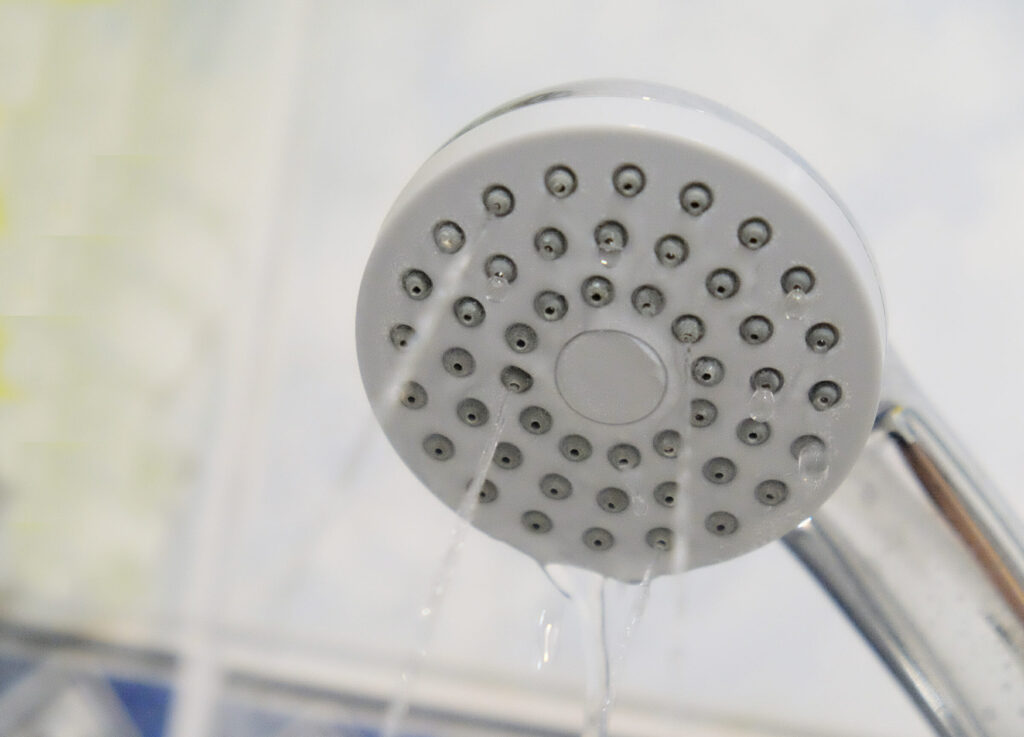In Southern California, we use fresh water for many different purposes. Like any community, we need it for drinking, restrooms, cleaning and sanitation, irrigation, and industry. Being a desert climate, we also use it for lawn care, recreation, architecture, and other miscellaneous purposes. All of this activity places a significant demand on our freshwater resources.
As such, we need to understand when we’re asking for too much water. And if we are, we need to understand how our world will benefit if we decide to use less. In this blog, we explore several ways that water conservation helps our society. The broader your view of conservation is, the more you’ll realize how your usage impacts others.
Conservation minimizes the Effects of Drought
As our population increases, so does our demand for fresh water. However, the supply remains constant. As we pull water from natural sources, we hope that nature will return it to us. Unfortunately, that doesn’t always happen.
Currently, certain authorities manipulate the weather. In many cases, that manipulation results in significant rainfall. However, California lies at the very beginning of the evaporation cycle. With consistent high temperatures, we often don’t see the kind of rain necessary to replenish our reserves. As such, many rural communities experience drought.
A drought has far-reaching consequences. In addition to crippling agriculture, it forces residents to pull water from the ground. When residents extract groundwater, it can take decades to return to normal levels, even after people stop using it. However, when people conserve water, more water is available for these communities, and they can enjoy normal use. Saving water is being a good neighbor.
Conservation saves Money on Supply Costs
Pumping water from one place to another can be expensive. In the Southland, we pump most of our water over a significant distance. The more we use, the higher the stakes are for companies and politicians to obtain water contracts. This pressure can lead to corruption and has at many times in the past. If we can minimize our demand for water through conservation, there’s more to go around. This means less pressure to meet demands, and in theory, less corruption.
Keep in mind, we require water for certain services, and these services cannot be asked to use less. We need water to treat sewage, and also to fight fires. We need it for schools and other public operations. If you use a lot of water, you can’t expect local services to use less.
Conservation Protects the Environment and Saves Energy
When we take water from our environment, mother nature notices. With the Colorado River flowing at consistently lower levels than in the past, there’s less water for animals, including fish. All ecosystems need a healthy supply of water to function, and without it, plants and animals will die. We can alleviate this by lowering our demand.
Also, bringing water from one place to another requires energy, and producing that energy results in pollution. In fact, water use and energy use are directly correlated. The less dependent we are on the water delivery infrastructure, the less pollution it produces. That infrastructure also becomes easier to manage.
Saving Water Saves Money
As you know, water costs money. Whether your water comes from a private company or a municipal government, they monitor your usage and charge you accordingly. Water is not cheap. The more water you save, the more money you save.
Saving Water makes Sustainability Possible
When people consume water without limit, the system must take more water from somewhere. As more societies (particularly in the third world) modernize, residents will easily assimilate the availability of water into daily activities. This depletes reserves, and pushes our society to answer a critical question: How do we make life on earth sustainable?
This is perhaps the most important reason for saving water. Someone somewhere looks at your water usage and thinks about how to get you to use less. We all naively think that there is enough to go around. The good news is: If we’re smart about our usage, there is enough for everyone. Part of our solution will involve new technology for purification, sewage treatment, industry, etc. Yet part of the solution comes from how we think about usage. We have the creativity needed to solve this problem. But, it’s really up to us to put in the effort.

